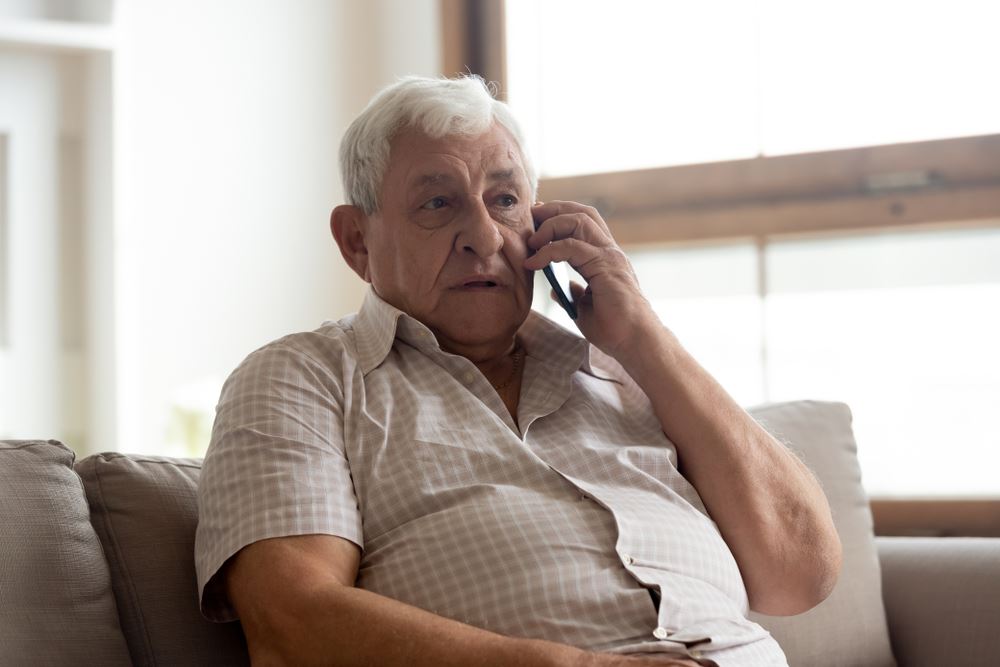Reporting Nursing Home Abuse: Steps to Take and Whom to Contact

Nursing homes play a vital role in providing care and support to elderly individuals who require assistance with daily activities and medical needs. However, instances of abuse and neglect within these facilities are a distressing reality. Reporting nursing home abuse is a critical step in protecting vulnerable residents and ensuring their safety and well-being. Understanding the necessary steps to take and knowing whom to contact can empower individuals to take action against such unacceptable behavior.
Recognizing Signs of Nursing Home Abuse
Before delving into the steps for reporting nursing home abuse, it’s essential to recognize the signs that may indicate mistreatment. Abuse can manifest in various forms, including physical, emotional, sexual, financial, or neglectful. Signs of abuse may include:
- Physical Abuse: Unexplained injuries, bruises, fractures, or restraint marks.
- Emotional Abuse: Withdrawn behavior, depression, anxiety, or unexplained changes in behavior.
- Sexual Abuse: Bruising around the genital area, sexually transmitted infections, or unexplained bleeding.
- Financial Abuse: Sudden changes in financial situation, missing belongings, or unauthorized transactions.
- Neglect: Poor hygiene, malnutrition, dehydration, or untreated medical conditions.
Steps to Take When Suspecting Nursing Home Abuse
If you suspect or witness any signs of abuse or neglect within a nursing home, taking prompt action is crucial. Here are the essential steps to follow:
- Ensure Immediate Safety: If a resident is in immediate danger, contact emergency services or local law enforcement for urgent intervention.
- Document the Concerns: Record detailed observations of the suspected abuse, including dates, times, and specific incidents or injuries witnessed. Take photographs if possible, but always prioritize the safety and privacy of the residents.
- Report to the Facility: Notify the nursing home management or staff about your concerns. Follow their formal reporting procedures and request a written copy of the incident report.
- Contact Adult Protective Services (APS): If the nursing home fails to address the issue or if the abuse persists, contact the local APS agency. APS investigates reports of abuse, neglect, or exploitation of vulnerable adults and can intervene to protect the affected individuals.
- Seek Legal Advice: Consider consulting with an attorney experienced in elder law or nursing home abuse cases. Legal professionals can offer guidance on further steps to take and help protect the rights of the affected individual.
Whom to Contact for Reporting Nursing Home Abuse
When reporting nursing home abuse, reaching out to the appropriate authorities is essential. Here are key contacts to consider:
- Nursing Home Administration: Start by reporting your concerns to the nursing home’s administration or management. They are responsible for addressing internal issues and taking immediate action.
- State Long-Term Care Ombudsman: Each state has an Ombudsman program dedicated to advocating for residents’ rights in long-term care facilities. Contacting the Ombudsman can provide additional support and resources for resolving issues within the nursing home.
- Adult Protective Services (APS): APS agencies investigate reports of abuse, neglect, or exploitation of vulnerable adults. Contact the local APS office or hotline to report suspected abuse and ensure intervention.
- Local Law Enforcement: In cases of immediate danger or criminal behavior, contacting local law enforcement is crucial for swift intervention and protection of the residents.
Protecting the Rights of Nursing Home Residents
Reporting nursing home abuse is not only a responsibility but also a means of safeguarding the rights and dignity of vulnerable individuals. It is crucial to advocate for the well-being of nursing home residents and take action against any form of mistreatment they may endure.
By promptly reporting suspected abuse, documenting incidents, and involving appropriate authorities, individuals can contribute to creating safer environments within nursing homes and ensuring that residents receive the care and respect they deserve.
If you suspect nursing home abuse and need legal assistance, don’t hesitate to contact the Law Office of Tom Wagstaff Jr., LLC. Our dedicated team is ready to help you navigate this difficult situation and fight for the justice your loved one deserves.
Contact us today to schedule a free consultation.


